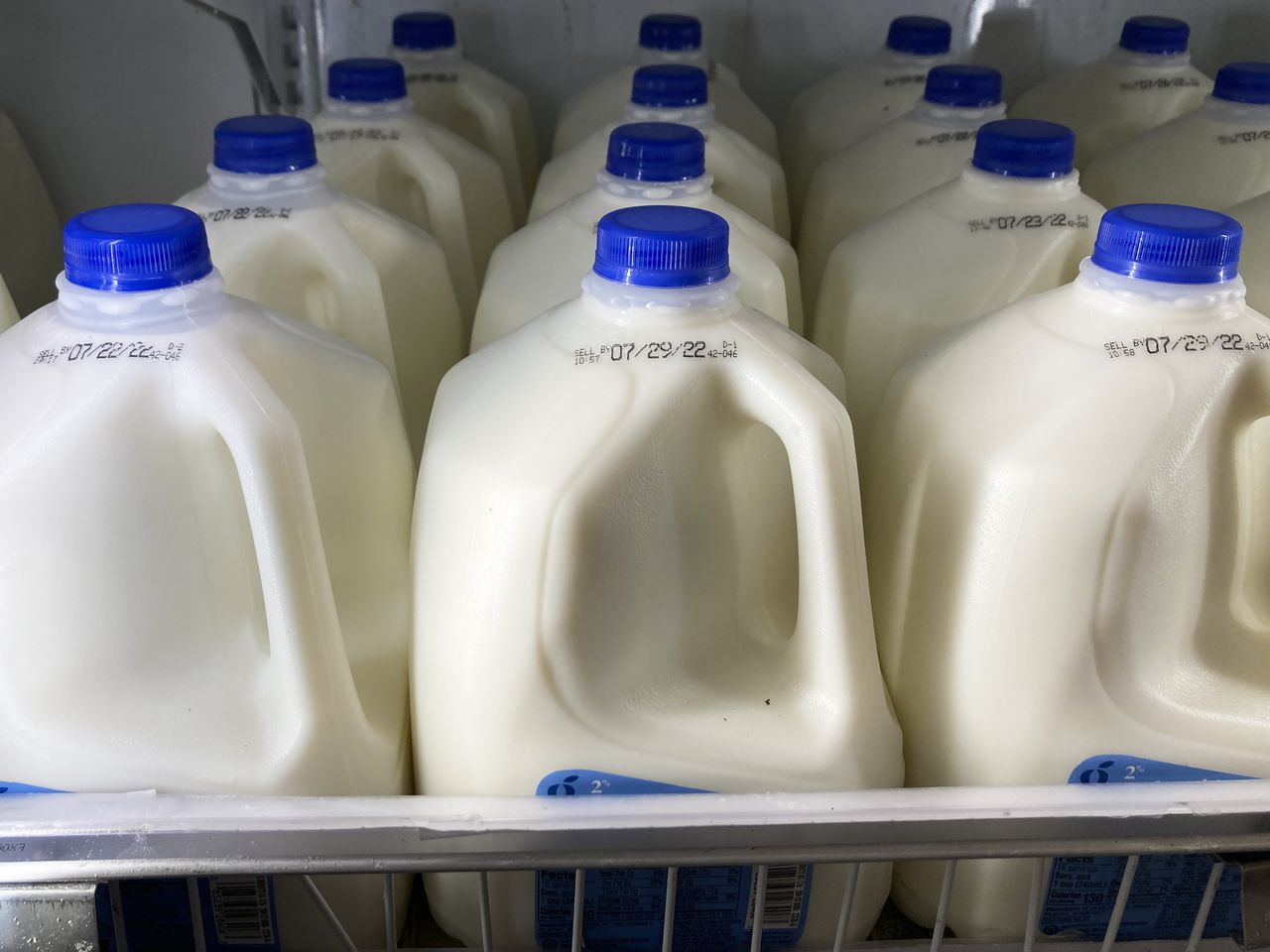Will Ainsworth says he wants to cut Alabama’s grocery tax. What are options?
Alabama families could “keep more of their hard-earned money” when paying for groceries, Lt. Gov. Will Ainsworth suggested Wednesday.
Ainsworth said he met with the Alabama Grocers Association to discuss reducing the state’s grocery tax.
Alabama is one of three states without any kind of tax break for groceries, which are taxed at 4%. Advocacy groups have long complained about the tax’s impact on Alabama families, and say they plan to again target the issue during the 2023 session.
Lawmakers have introduced legislation with various approaches to ending the tax, but none have passed to date.
“It is something that is a very regressive tax policy, which means it harms low-income families, often more so than higher income families,” said Akiesha Anderson, policy and advocacy director at Alabama Arise. “By removing the grocery tax, not only will we be helping families make ends meet, we will be helping to fight hunger, and we will also just be doing the right thing in a time with inflation — you know, relieving some of the pressures that families feel in their pocketbook every week, every month, when they go to the grocery store.”
Sen. Arthur Orr, a Republican from Decatur, has also said he will introduce a bill that would take one penny off the tax (about 10%) each year on foods covered by the Women Infants and Children federal program, which includes foods like cheese, fruits and vegetables, whole grain bread, milk and eggs, canned tuna, cereal and infant formula.
At the time of publishing, Orr has not filed the bill.
According to the Bureau of Labor Statistics Consumer Expenditure Report for 2021, the average amount Americans spent on groceries was $5,259 each year (though it was not broken down by family size).
A married couple with children spent an average of 12.4% of their income on food, while a single parent with at least one child spent about 14.2%.
Using the national average for 2021, Alabamians would pay an extra $210 in grocery taxes annually using the state tax. Some cities have local grocery taxes, and the combined tax totals can climb as high as 10%. Using the same average, a family living in a city with higher taxes could pay upwards of $500 each year in grocery taxes alone.
High inflation has caused residents additional stress when purchasing food — in Feb. 2023, the Consumer Price Index from the Bureau of Labor Statistics showed that the cost of food at home rose by 10.2% in the previous 12 months.
Meats, poultry, fish, and eggs index fell 0.1% — the first decrease since Dec. 2021, but cereals and bakery products rose 14.6% over a 12-month-period, while fruits and vegetables rose 5.3%.
Requests to repeal or adjust the state’s grocery tax have gone on for years, including a task force organized by former Gov. Robert Bentley in 2017 that was later dissolved by current Gov. Kay Ivey.
In Feb. 2020, Sen. Andrew Jones told AL.com he believes most lawmakers would like to see the grocery tax end, but that it provides about $500 million annually to the state’s education budget.
A 2021 study showed that grocery taxes contribute to food insecurity in Alabama. About 16.3% of Alabamians were impacted by food insecurity during the time period of the study — researchers estimated that ending the tax would decrease those experiencing food insecurity by 3.2%.
Supporters claim that the tax would unite Alabamians from both sides of the political aisle by lowering taxes and giving more people access to the food they need.
Alabamians have proposed different solutions for making up the $500 million deficit that removing the tax would cause, but none have been made official yet.
Anderson said she expects to see legislation regarding the grocery tax soon.
“Something that we at Alabama Arise are very mindful of is making sure that we replace that money that is lost in Education Trust, because we do not want to defund education at all by removing this grocery tax,” Anderson said.
At the time of publishing, neither Lt. Gov. Ainsworth’s office nor the Alabama Grocers Association returned requests for comment.
